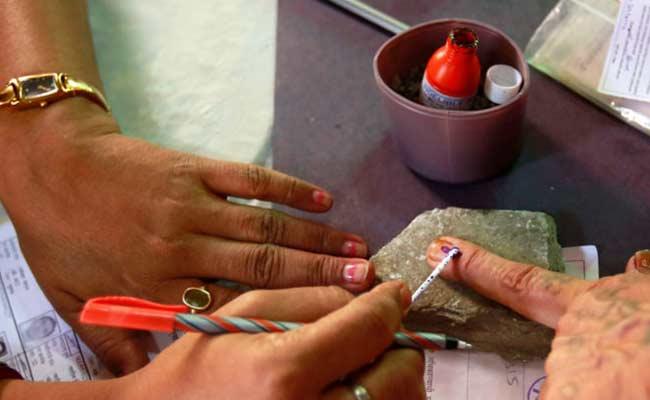
With the Supreme Court of India delivering a landmark judgment giving Telangana Assembly Speaker Gaddam Prasad Kumar three months to decide on the disqualification of 10 Bharat Rashtra Samithi (BRS) MLAs who defected to the Congress, the political atmosphere in the state has suddenly heated up.
Political analysts have begun dissecting the Supreme Court verdict to forecast what might unfold in the coming months, as the Speaker must make a decision before October 31.
The Speaker told reporters that he would take action after thoroughly studying the judgment and confirmed that he had already issued notices to the 10 MLAs, seeking their explanations.
Meanwhile, leaders from both the BRS and the Bharatiya Janata Party (BJP) are urging the Speaker to act swiftly.
"The Speaker should not wait until October 31 to make a decision. He must disqualify the defectors immediately," said BRS legislator K P Vivekananda.
BRS floor leader Aleti Maheshwar Reddy added that the Speaker should implement the Supreme Court’s order in both letter and spirit, without evading disqualification on technical grounds.
However, sources suggest there are technical nuances in the Supreme Court's judgment that the Speaker might leverage.
Notably, the defected MLAs have submitted affidavits in court claiming they are still with the BRS and had only met the Chief Minister as a courtesy.
These MLAs argue that the anti-defection law does not apply to them. At most, Khairatabad MLA Danam Nagender might have to resign, as he contested the Lok Sabha elections from Secunderabad on a Congress ticket.
The BRS leadership believes that the Supreme Court’s ruling is not entirely in their favor, as it merely asked the Speaker to take action on the petitions within three months — it did not explicitly direct him to disqualify the MLAs.
This means the discretion still lies with the Speaker. If the Speaker refrains from disqualifying them on technical grounds, the only recourse would be to approach the Supreme Court again — a route with uncertain outcomes.
Now, the burden of furnishing technical proof of defection falls on the BRS.
“It’s not that easy, as the discretion remains with the Speaker,” a political analyst noted.
There is also an internal view within the BRS that, since the MLAs neither formally resigned from their party nor officially joined another with documented proof, it will be difficult to establish defection.
Party leaders believe the matter is shifting from judicial oversight to the Speaker’s discretion, making the outcome more unpredictable.
Some in the BRS also suspect that the Speaker may keep the matter pending, citing insufficient evidence, and may even present this reasoning to the Supreme Court. As a result, many doubt the Speaker will issue a verdict favorable to the BRS.














